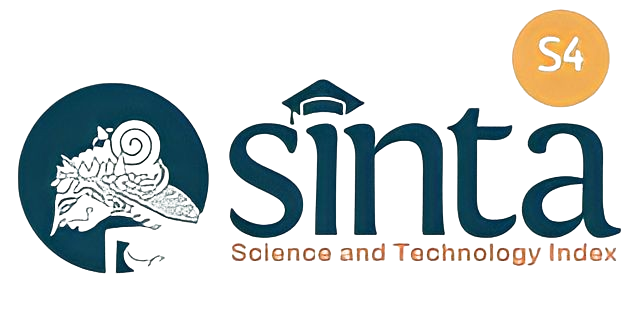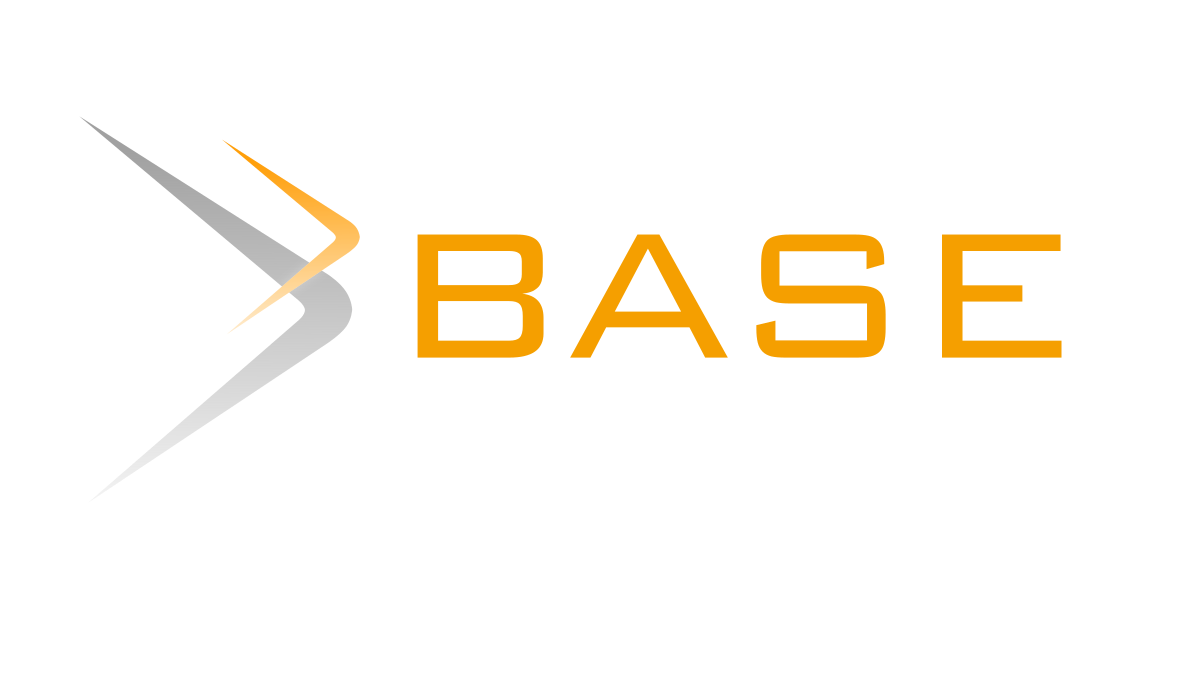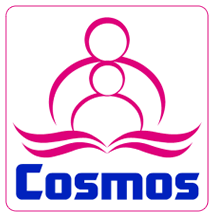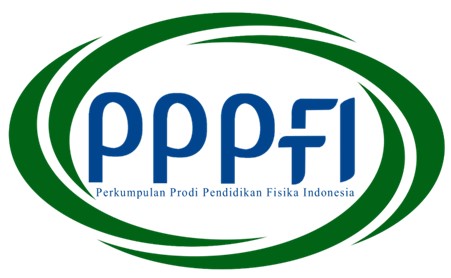Optical Games as Alternative Learning Media to Increase Students' Learning Interest in Interference and Light Diffraction Material
DOI:
https://doi.org/10.14421/impulse.2022.22.02Keywords:
game, interference, diffraction, interestAbstract
The COVID-19 pandemic, which has occurred for more than two years, has affected all aspects of life, including the world of education. Along with the increasingly sloping case of the spread of the COVID-19 virus, now many schools are starting to re-implement the offline learning system. Students accustomed to learning with an online pattern must get used to returning to learning with an offline pattern. In this transitional period, of course, various problems arise, one of which is the decline in student interest in learning. This study develops one of the learning media in the form of an application game to increase student interest in learning. This study aims to determine the feasibility of game-based learning media to increase student interest in light interference and diffraction. The research method used is the research and development method with the 4D model method. The findings in this study are games can be used as an alternative learning media to increase students' interest in learning the material. Based on the stages that have been carried out, the results of the feasibility test of the Instagram comic learning media product are declared very feasible.
Downloads
References
A. N. Hikmah, & Chudzaifah, I. “Blended Learning: Solusi Model Pembelajaran Pasca Pandemi Covid-19”, Al-Fikr: Jurnal Pendidikan Islam, vol. 6(2), pp. 83-94, 2020.
Minister of Education, Culture, Research and Technology, “Circular Letter of the Minister of Education, Culture, Research and Technology Number 2 of 2022 concerning Discretionary Implementation of the Joint Decree of the four Ministers regarding Guidelines for Organizing Learning During the 2019 Coronavirus Disease Pandemic (Covid-19) (Surat Edaran Menteri Pendidikan, Kebudayaan, Riset, dan Teknologi Nomor 2 Tahun 2022 tentang Diskresi Pelaksanaan Keputusan bersama empat Menteri tentang Panduan Penyelenggaraan Pembelajaran di Masa Pandemi Coronavirus Disease 2019 (Covid-19))”, 2019.
Sulistyorini, D. E. W, “Instagram-Based Entrepreneurship Building Creative Learning Solutions in the Middle of the Covid-19 Pandemic (Entrepreneurship Building Berbasis Instagram Solusi Pembelajaran Kreatif di Tengah Pandemi Covid-19)”, Jurnal Guru Dikmen dan Diksus, vol. 4(1), pp. 1-11, 2021.
Sujalwo, S., & Sukirman, S, “Game Berbasis Web Sebagai Media Pembelajaran Fisika Interaktif Untuk Siswa SMP”, in Seminar Nasional Pendidikan Berkemajuan dan Menggembirakan (The Progressive & Fun Education Seminar) ke-2, 2017.
Ramadhan, H. F., Sitorus, S. H., & Rahmayuda, S, “Game Edukasi Pengenalan Budaya Dan Wisata Kalimantan Barat Menggunakan Metode Finite State Machine Berbasis Android (Educational Game Introduction to West Kalimantan Culture and Tourism Using the Android-Based Finite State Machine Method)” Jurnal Komputer dan Aplikasi, vol. 07(1), pp. 108-119, 2019.
Lutfia, W, “Analisis Profil Pemahaman Konsep Dan Model Mental Siswa Di Sma Kesatrian 2 Semarang Pada Materi Interferensi Dan Difraksi Cahaya (Profile Analysis of Understanding Concepts and Mental Models of Students at SMA Kesatrian 2 Semarang on Interference and Light Diffraction Materials)”, Thesis, Fakultas Matematika Dan Ilmu Pengetahuan Alam, Universitas Negeri Semarang, 2019.
Mulyatiningsih, E. Applied Research Methods in the Field of Education (Metode Penelitian Terapan Bidang Pendidikan). Bandung: Alfabeta. 2012.
Downloads
Published
How to Cite
Issue
Section
License
Copyright (c) 2022 Impulse: Journal of Research and Innovation in Physics Education

This work is licensed under a Creative Commons Attribution-NonCommercial 4.0 International License.


























